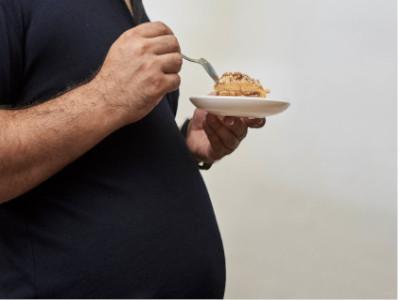
- Published on 07-Mar-2022
- 0 Likes
- 0 Comments
- 530 Times Read
Obesity is considered the most common dietary crisis faced by a lot of Americans today. Both infants and children are not exempted from this grave health threat. This condition often happen when they are taking more calories than their small bodies can use. Like adults, this puts them in a very high risk of other health complications. Prevention and early detection is highly advised, since parents are mainly responsible for their childs health. So what are the symptoms of child obesity?
Although most people consider a fat child cute, parents should pay more close attention to their childs weight. There are some signs that can help you detect if your child is in danger of obesity. It can usually be determined by measuring the height and weight. A child is considered obese of his/her weight is significantly over the ideal weight for his/her age and height.
The most common symptoms of child obesity include disproportionate appearance of facial features, adiposity in the breast area among boys, unusually large abdomen and exceptionally small external genitals for males. Puberty may also occur earlier in obese children.
For most obese people, the cause of their disorder can be traced back to their childhood. Obesity is expected to persist through life. That is why early detection and therapy of obesity in children is the best preventive solution in blocking its progression into adulthood. Close attention to the symptoms of child obesity would really help in the intervention and treatment of the child.
It is therefore a huge responsibility for parents to constantly monitor symptoms of child obesity, especially if their child is visibly overweight. Parents should never neglect to scrutinize the eating habits of their children. Early cure could prevent the child from developing other medical complications such as cardiovascular diseases and diabetes.
It is also important to include every member in the family to participate in treating an obese child.
The support and reassurances of loved ones would make it easier for the child to deal with his/her weight problems. If you have a close relative suffering from obesity, ignoring the problem or unrepentantly teasing them will not solve the problem in any way. Early intervention is needed, not only solely directed to the child but to the parents as well. Since more than anybody else, parents should be aware of the food intake and eating attitude of the child. A long-term program is highly advised to rehabilitate both the parents and the child.
This is not just the burden if the child to carry, but a family problem that needs attention and quick action.




0 Comments